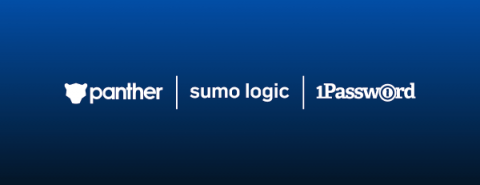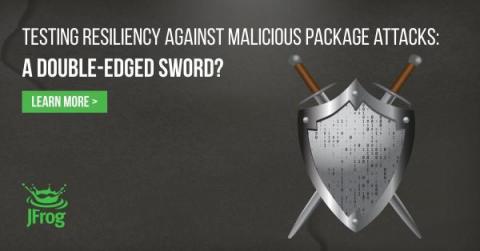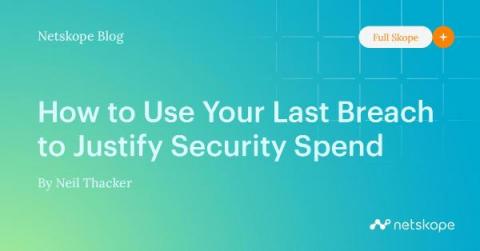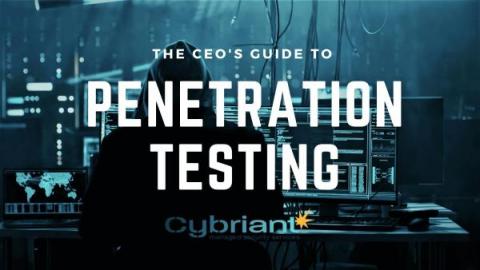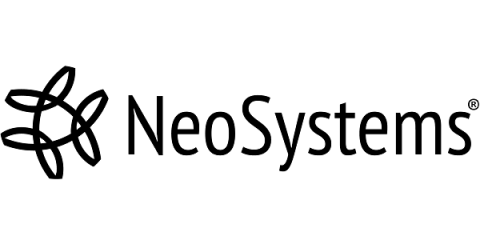New 1Password SIEM integration with Sumo Logic and Panther
Reduce the time your team spends investigating security issues by using a customizable dashboard that shows your organization’s entire security posture. With the new Sumo Logic and Panther integrations for 1Password, you can monitor potential risks around company data or credentials stored within 1Password.


